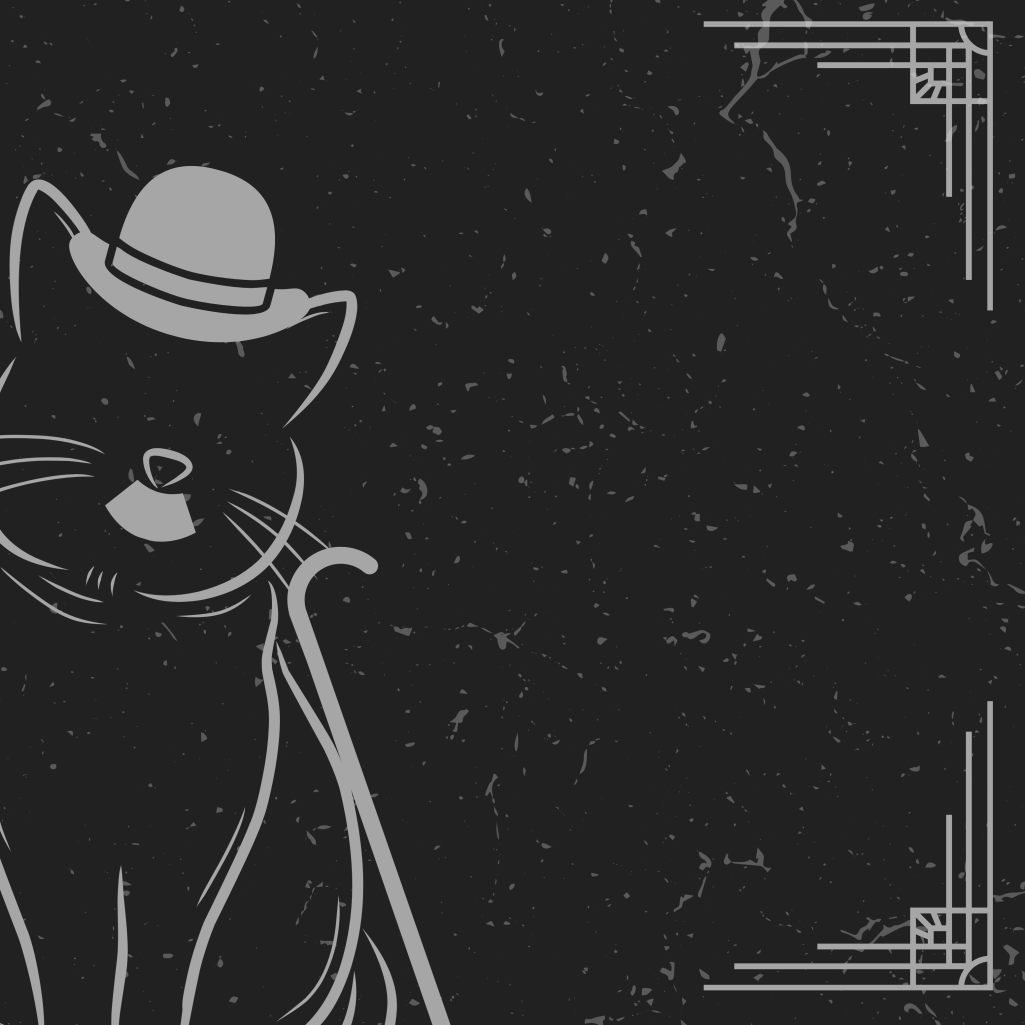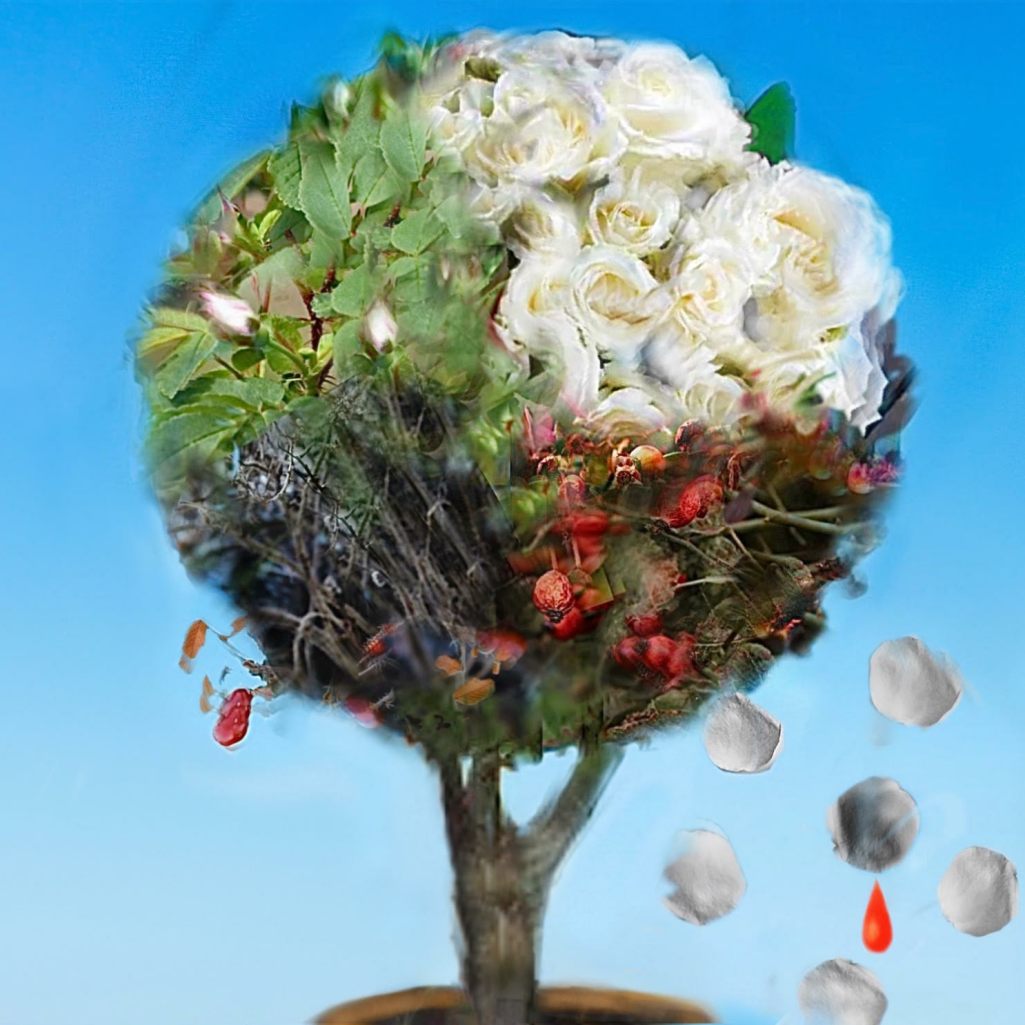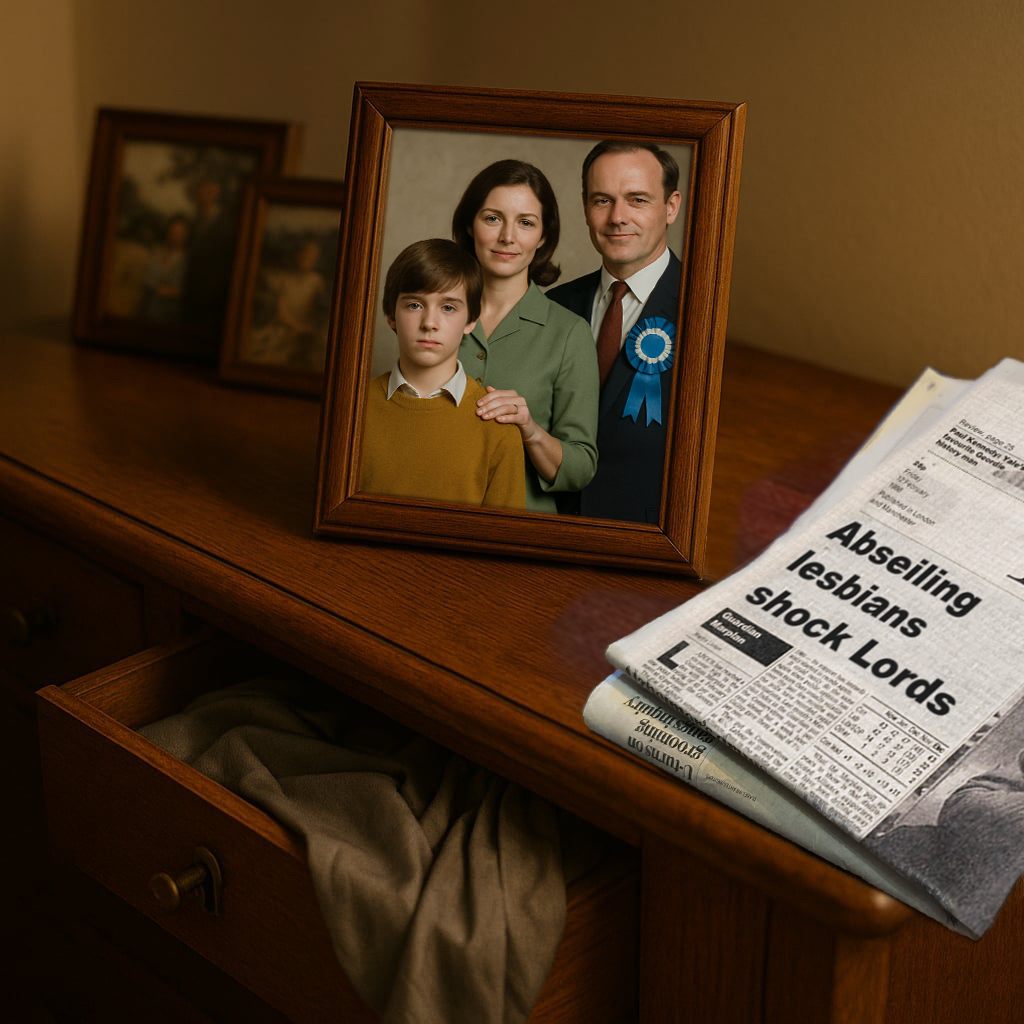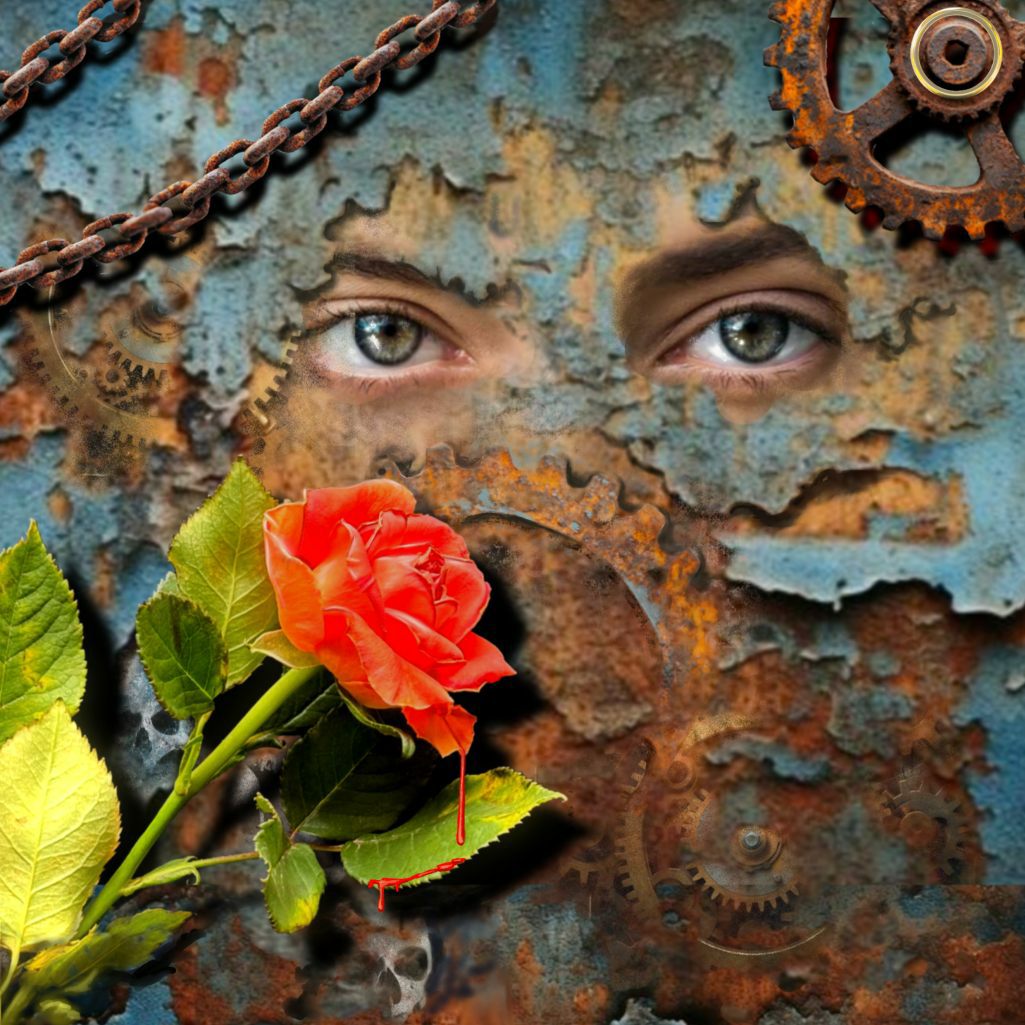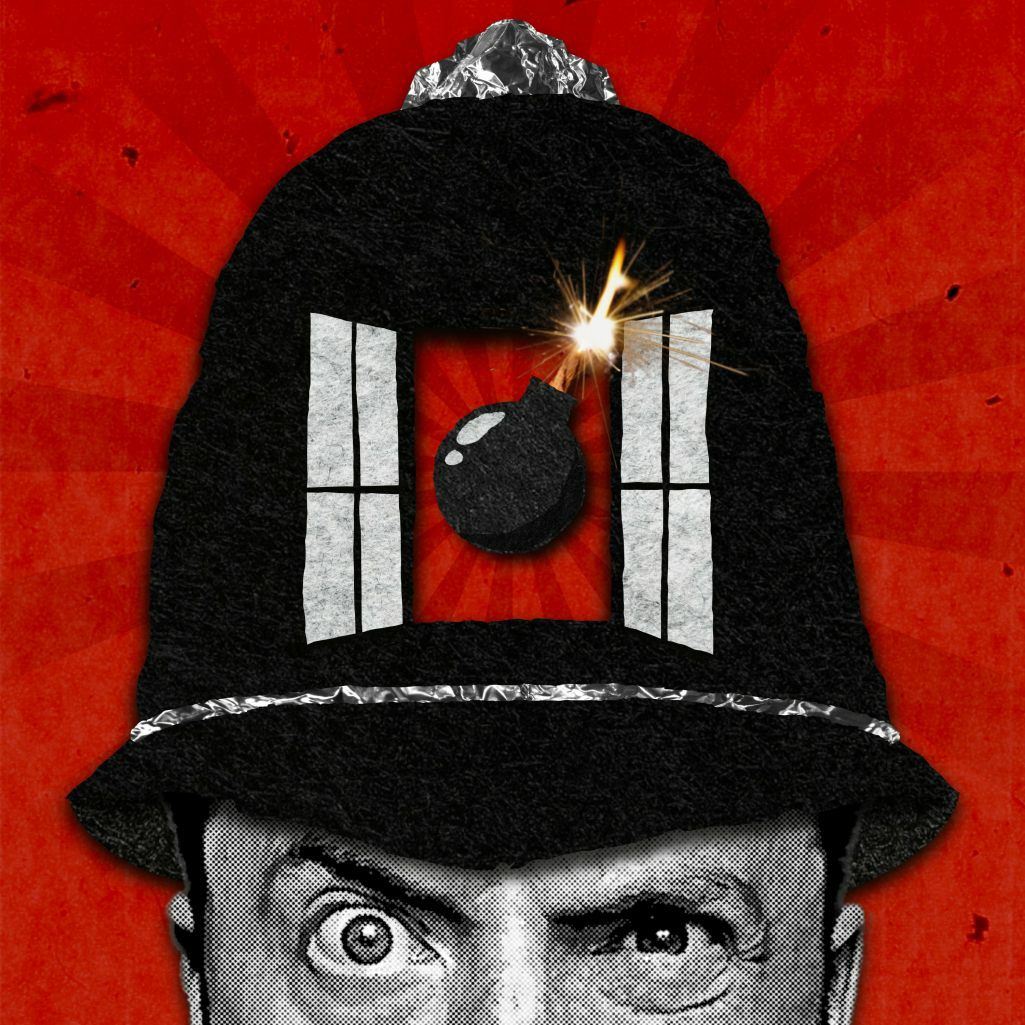Uncle Vanya
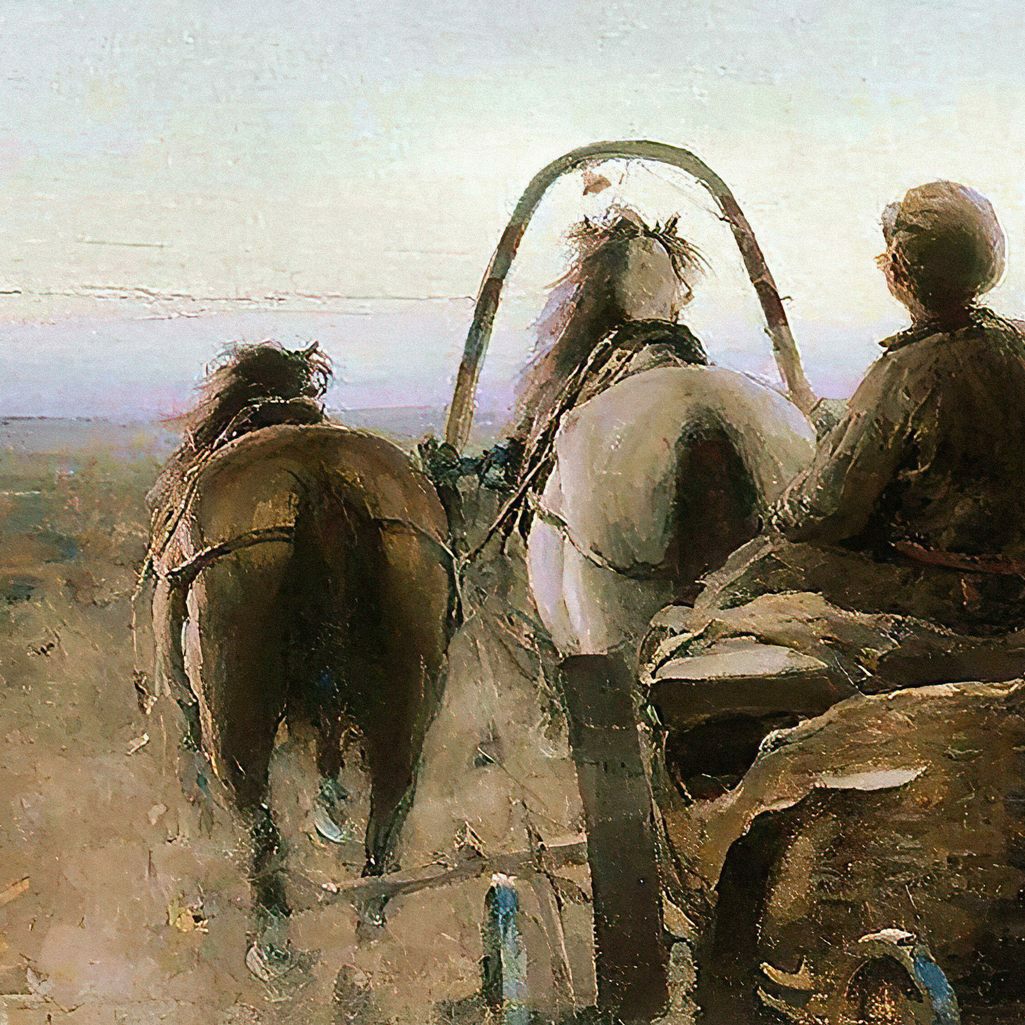
by Anton Chekhov; translated by Cynthia Marsh
Chekhov is not often seen as a radical writer, but his work makes us see the world in a different light. In Uncle Vanya (1896) he creates a critical view of Russia which rolls down the decades to the future we now know. And he does it with a daring combination of comedy and harsh reality.
The Serebryakov family scrape a living on their country farm, while the most senior members, a professor with a new, young wife, live in St Petersburg. Their arrival for a long visit brings havoc. Vanya and his friend Doctor Astrov both fall for the captivating, new wife, Elena, causing farcical mayhem. Sonya, Serebryakov’s daughter from his first marriage and Vanya’s niece, is a plain country girl, whose heart is destined to be brutally broken. Daily routine is disrupted, farm work neglected. Tempers flare and emotions run high. Disclosure of the motive for the visit sparks the play’s crisis. Vanya makes an attempt, comic in its tragic desperation, to deal with the tangle but only worsens it.
Chekhov makes us laugh with tears in our eyes. Then, in one of his most memorable final Acts, he conjures the bleakness and abandonment of life in a Russian wasteland.
